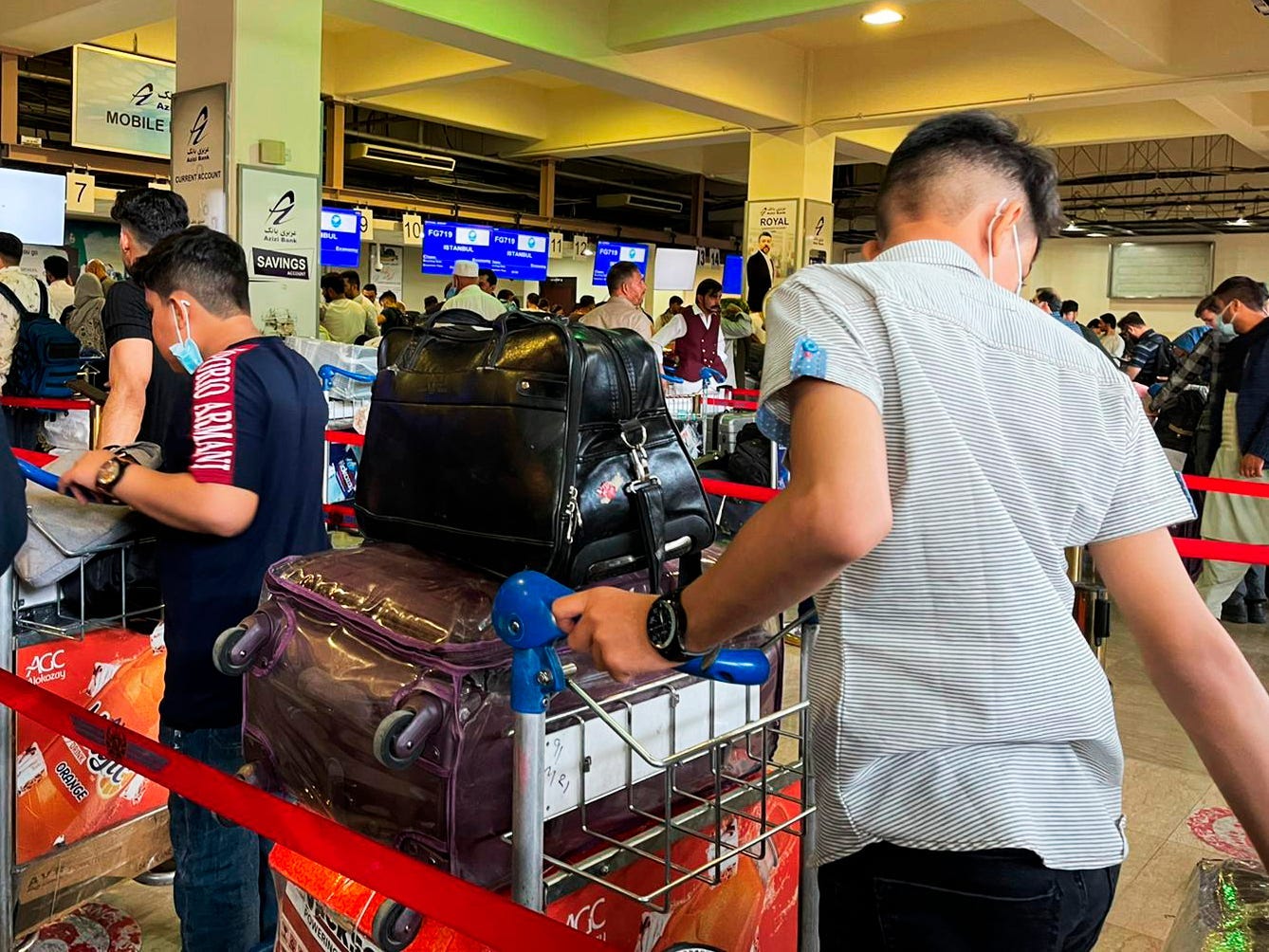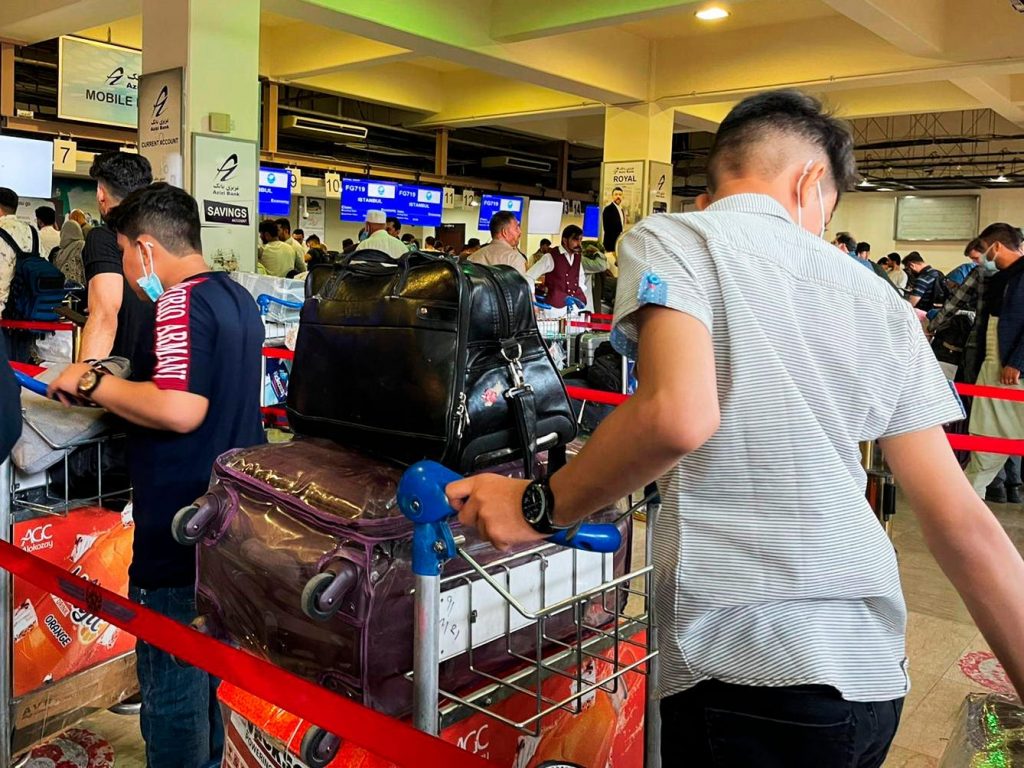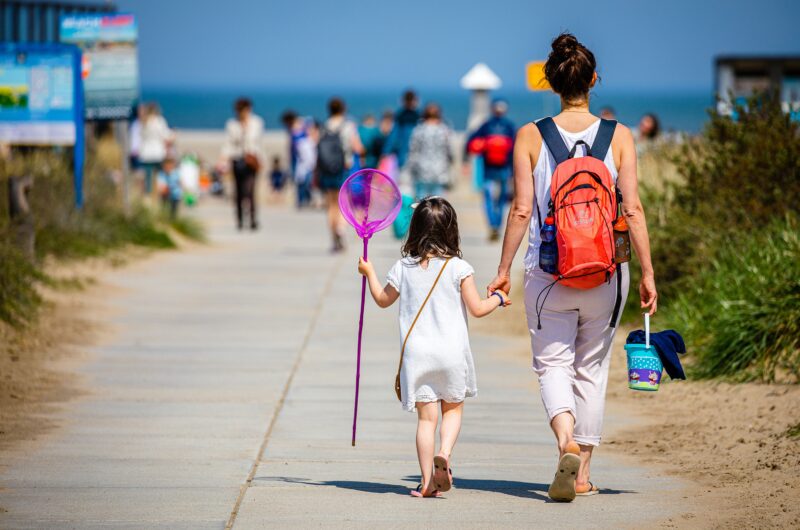
Tameem Akghar/AP Photo
- As the Taliban tightens its grip on Afghanistan, more refugees are expected to evacuate the country.
- The International Organization for Migration estimates that since international troops started withdrawing in May, at least 30,000 were fleeing from the country weekly.
- The US is looking to take in 30,000 Afghan refugees, while Canada has said it will resettle 20,000.
- Visit Insider's homepage for more stories.
Thousands have fled Kabul in recent days as the Taliban took over Afghanistan and countries are bracing themselves for a mass influx of refugees.
The International Organization for Migration estimates that since international troops started pulling out of the country in May, at least 30,000 were fleeing from the country weekly, mainly to neighboring Iran, reported Gandhara, a news site that reports on Afghanistan and Pakistan.
Since the start of this year, almost 400,000 have been forced from their homes and displaced internally with children and women making up 80% of those fleeing, UNHCR said on Friday, as it called on countries to "keep their borders open in light of the intensifying crisis in Afghanistan."
The US is looking to take in 30,000 refugees on Special Immigration Visas (SIV) that are given to those who are employed or work on behalf of the US government. The White House announced on Monday an additional $500 million in funding for refugee relocation, including SIV applicants.
Canada said Friday that it will resettle 20,000 Afghan refugees, but it's unclear what the timeline of the relocation will be. "Offering refuge to the world's most vulnerable speaks to who we are as Canadians, particularly in times of crisis," said Marco Mendicino, the country's minister of immigration, refugees, and citizenship.
The UK is in the process of drafting plans to take in refugees, the BBC reported, and the program will be similar to what the country did for Syria in 2014, where it said it would resettle 20,000 refugees. The UK completed the resettlements in 2021, according to the UNHCR.
Balkan countries Albania, Kosovo, and North Macedonia have said they will house Afghan refugees temporarily. The US asked Albania and Kosovo to temporarily host Afghans seeking entry to the country, The Guardian reported on Sunday.
"I am devastated to see people left behind and want to give them at least the possibility to breathe again," Albania's prime minister, Edi Rama, told The Guardian.
North Macedonia also said Sunday that the country will accept Afghan civilians until "a more permanent solution" is found, the Balkan Times reported.
Meanwhile, European countries including Germany, Netherlands, Denmark, and France have suspended the deportations of Afghan refugees in their countries as the security situation worsens in Afghanistan, The Guardian reported, but it isn't known if these countries will help in the permanent resettlement of new refugees.
UN Secretary-General Antonio Guterres has called on countries to receive Afghan refugees and to refrain from deportations.
"As the world is following events in Afghanistan with a heavy heart, I urge all countries to be willing to receive Afghan refugees & refrain from deportations, '' Guterres wrote in a tweet Tuesday, saying "Afghans have known generations of war & hardship. They deserve our full support."
Pakistan activist Malala Yousafzai also called on countries to open their borders to Afghan refugees, especially to the vulnerable. The 24-year-old was shot by Taliban forces in 2012 and was sent to the UK to receive treatment. She is currently still there continuing her activism work.
"I think every country has a role and responsibility right now," Yousafzai said during a BBC interview, saying "countries need to open their borders to Afghan refugees, the displaced people."
It's not yet known how many people will eventually flee Afghanistan, but the current situation brings back memories of 2015, when more than a million refugees - mainly from Syria - fled to Europe due to political turmoil, according to the Pew Research Center.










